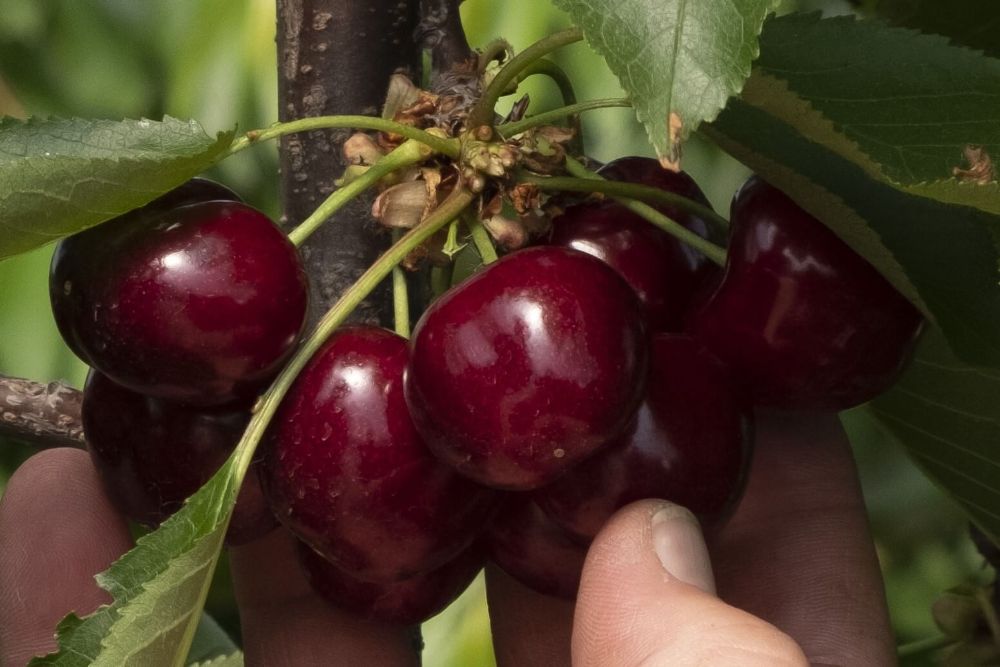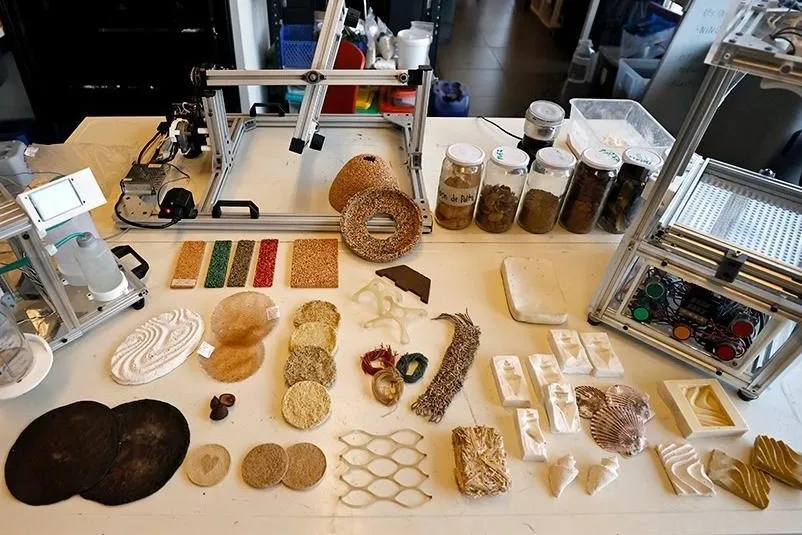Cherries are classified as highly perishable fruits, as their spoilage is caused not only by physio-chemical changes but also by micro-organisms. Species such as Monilia spp., Botrytis cinerea and Penicillium expansum are the most significant spoilage fungi for cherries.
Currently, the use of fludioxonil (Scholar®, Syngenta) is authorised for post-harvest use but a growing body of evidence casts doubt on its classification as 'low risk' and the scientific community is calling for a re-evaluation.Consequently, possible alternative solutions are being explored.
For example, treatments with gamma irradiation on '0900 Ziraat' and with ultraviolet irradiation on 'Takdaneh Mashhad' and 'Van' prevented quality loss and improved cherry colour by stimulating anthocyanin accumulation. The application of edible coatings on 'StarKing', 'Sweetheart' and 'Railroad' proved effective in postponing accelerated respiration, weight loss and fungal decay, as well as safeguarding phytochemical compounds.
Furthermore, the effectiveness of implementing biocontrol agents in post-harvest to mitigate fungal degradation in the cherry tree has been established. Another alternative approach is passive modified-atmosphere packaging (MAP).
This method achieves high relative humidity, low oxygen concentrations and high carbon dioxide concentrations. By delaying ripening and reducing weight loss and decay, MAP operations preserved quality attributes, including composition, colour parameters, texture and sensory qualities.
The investigation of new and safe alternatives showed that the integration of biocontrol agents with passive modified atmosphere packaging is a potentially effective approach to prolong fruit quality. The objective of the study conducted by researchers from the University of Extremadura and the Science and Technology Research Centre of Extremadura (Spain) was therefore to evaluate the impact of MAP in combination with two antagonistic yeasts, Pichia kudriavzevii (PK18) and Metschnikowia pulcherrima (L672), on the shelf life of cherries.
In this study, the fruit quality, microbiological and physico-chemical analyses of the batches treated with the antagonist yeasts were compared to those of a batch without yeasts and treated with fludioxonil. The physico-chemical characteristics and atmospheric composition presented comparable values between the various samples throughout the entire refrigerated storage period, showing how MAP can represent a valid alternative to treatment with Scholar®.
For forty days, the quality of 'Burlat' cherries stored in MAP (-1.5 kPa O2,-9 kPa CO2) at 2 °C was adequately maintained. Similar results were observed when MAP was combined with the antagonistic yeasts P. kudriavzevii PK18 and M. pulcherrima L672.
This increased control of microbiological spoilage was achieved using MAP. No noteworthy changes were detected in the quality attributes of the cherries treated with these antagonistic yeasts.
The same spoilage control effect was observed during shelf-life at 25 °C for two days; therefore, under conditions of high temperature and aerobic atmosphere, biocontrol agents can further extend the shelf life of cherries packed under modified atmosphere conditions.
Source: Cabañas C. M., Hernández A., Serradilla M. J., Moraga C., Martín A., de Guía Córdoba M., and Ruiz-Moyanoa S., Journal of The Science of Food and Agriculture, 2023. https://onlinelibrary.wiley.com/doi/pdf/10.1002/jsfa.12532
Image: Springer Link
Melissa Venturi
University of Bologna (IT)
Cherry Times - All rights reserved










